Vectors of soft power: Paths of invisible influence

The DFC study Unbreakable Bonds or Geopolitical Strategy tackles the socio-political engagement of Vladimir Božović, former president of the Matica srpska in Montenegro, current rector of the University of Montenegro, and founder of the unregistered propaganda portal IN4S. The Overton window illustrated the extent of implementation of ideas sublimated by the strategy of the soft […]
European Dream or Russian Reality
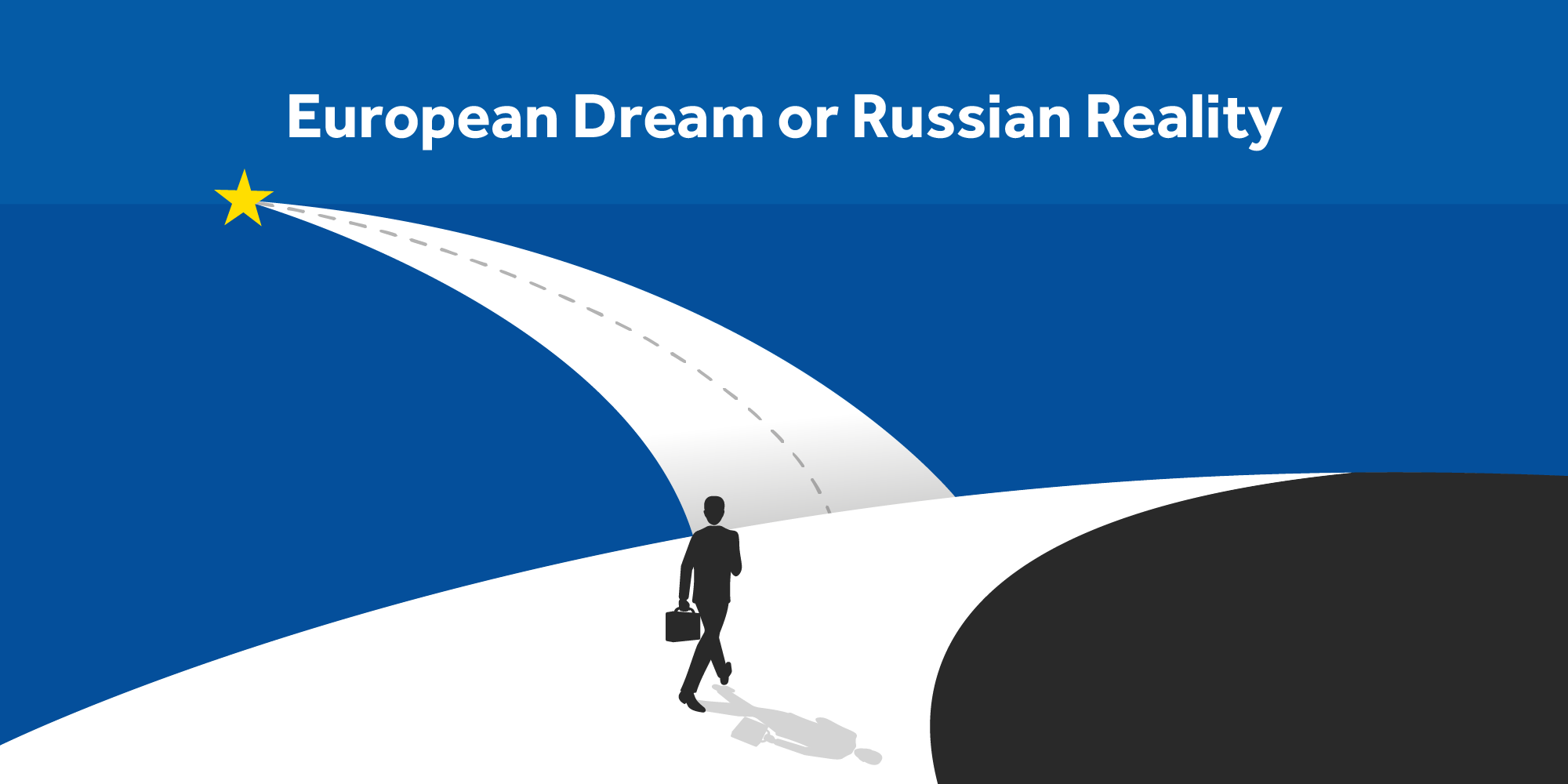
Although Russian diplomatic activities have been almost nonexistent in the European Union (EU) countries since the beginning of the war in Ukraine, the entry of political parties acting as pro-Russian proxies into the ruling coalition in Montenegro has opened a new space and increased presence in public life for the Ambassador of the Russian Federation […]
New Perspectives of Montenegrin Diplomacy
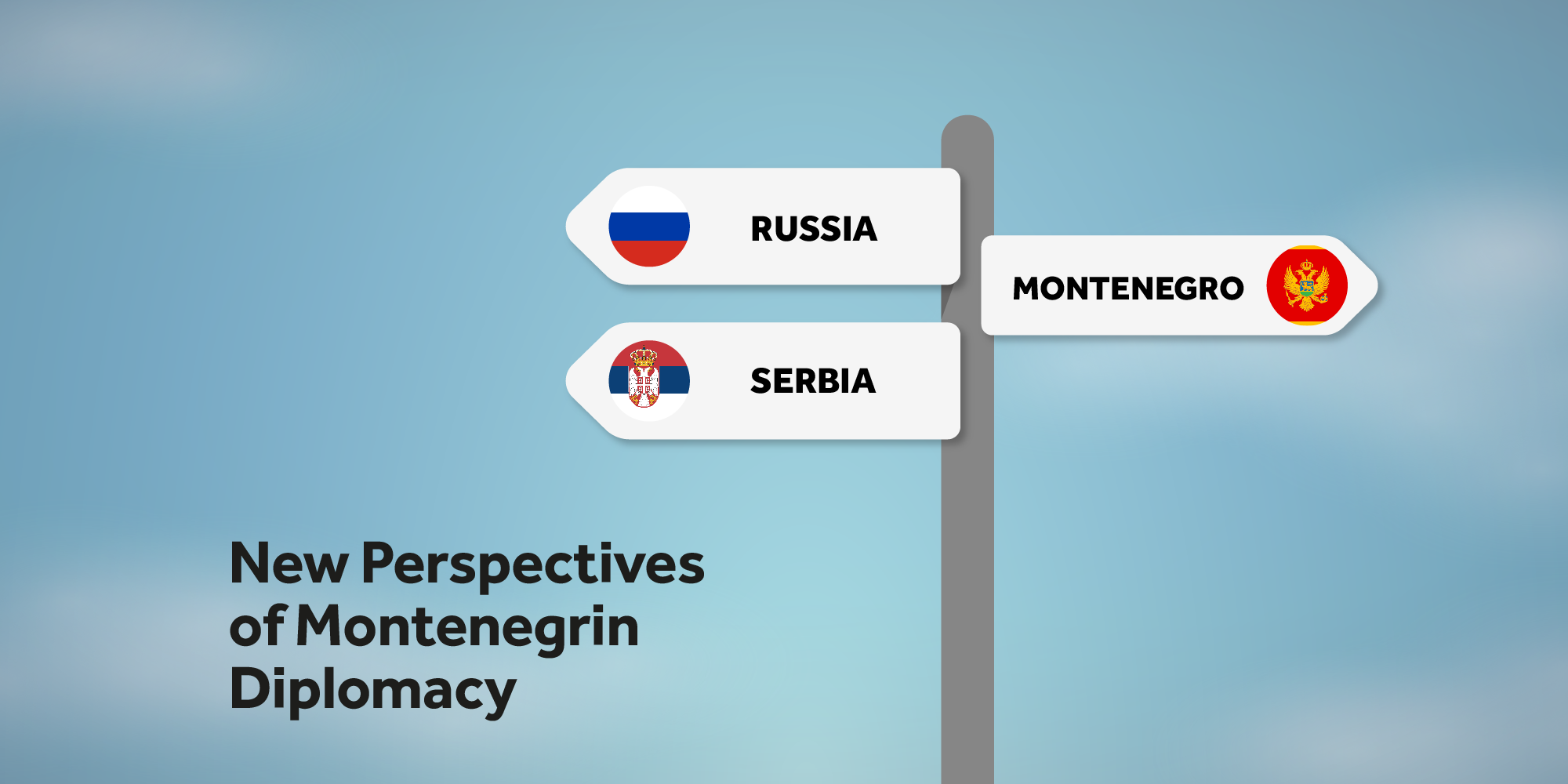
The new study of the Digital Forensic Center Unbreakable Bonds or Geopolitical Strategy: Influence of Serbia in Montenegro vividly illustrates, using the so-called Overton Window, the manner in which malign influences of Serbia and Russia are spread in our country. The concept of the Overton Window is used to understand how certain ideas, initially considered […]
Sudden Death Syndrome

The death of the Russian opposition leader Alexei Navalny reverberated around the world. Navalny was the most outspoken critic of Putin’s regime and a political prisoner in Russia. He served his sentence on charges of extremism in the Polar Wolf prison, one of the harshest Russian prisons in western Siberia. The circumstances surrounding Navalny’s death […]
The Two-Year Anniversary of the Russian Aggression on Ukraine
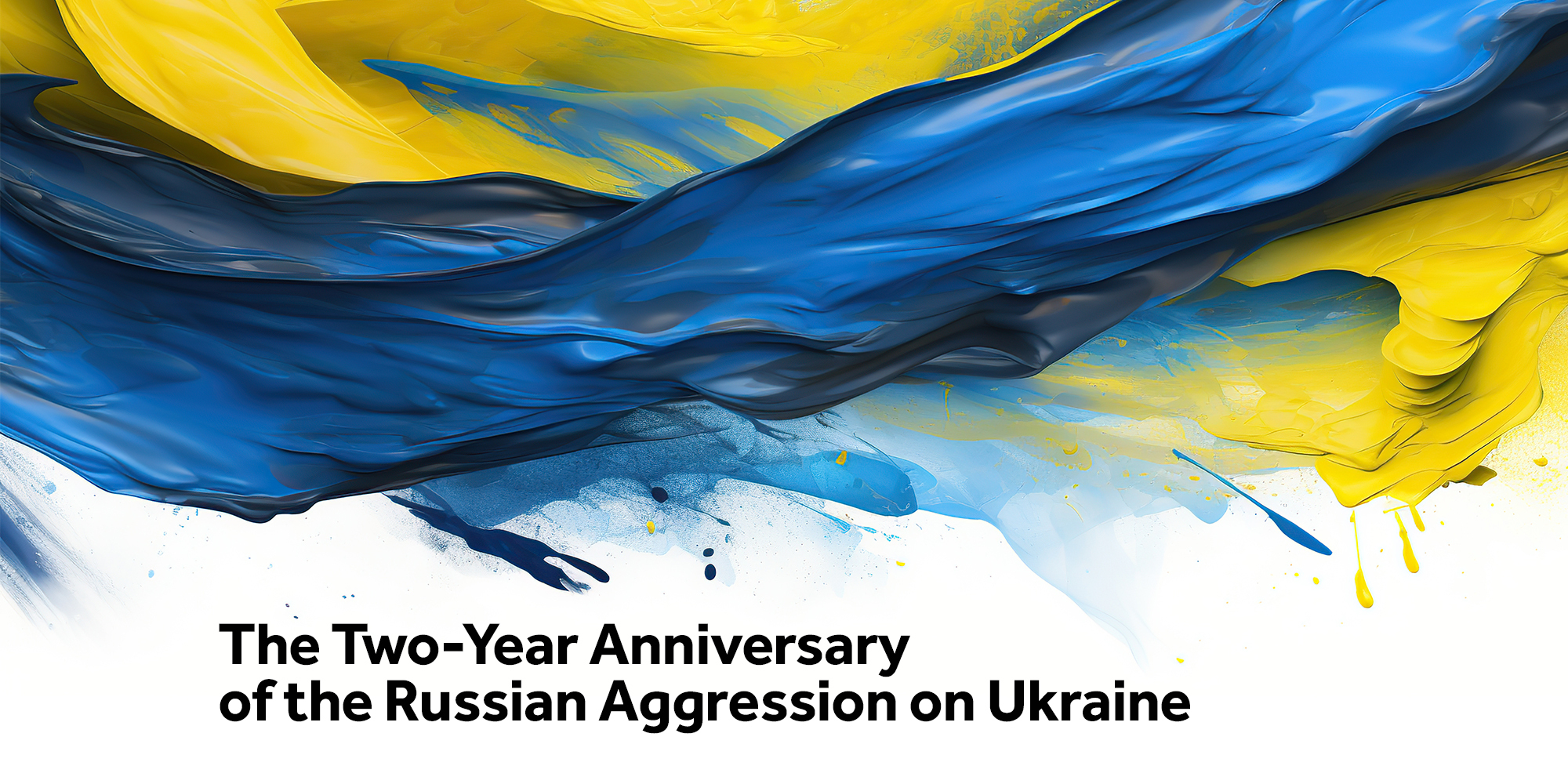
Entering the third year of Russian aggression on Ukraine, in parallel with Russian military efforts to capture Avdiivka, marks the hesitance of the West to provide adequate economic and military assistance to Ukraine. The halt in the adoption of a new aid package in the US Congress has directly affected the situation on the front […]
Tabloidization of tragedies
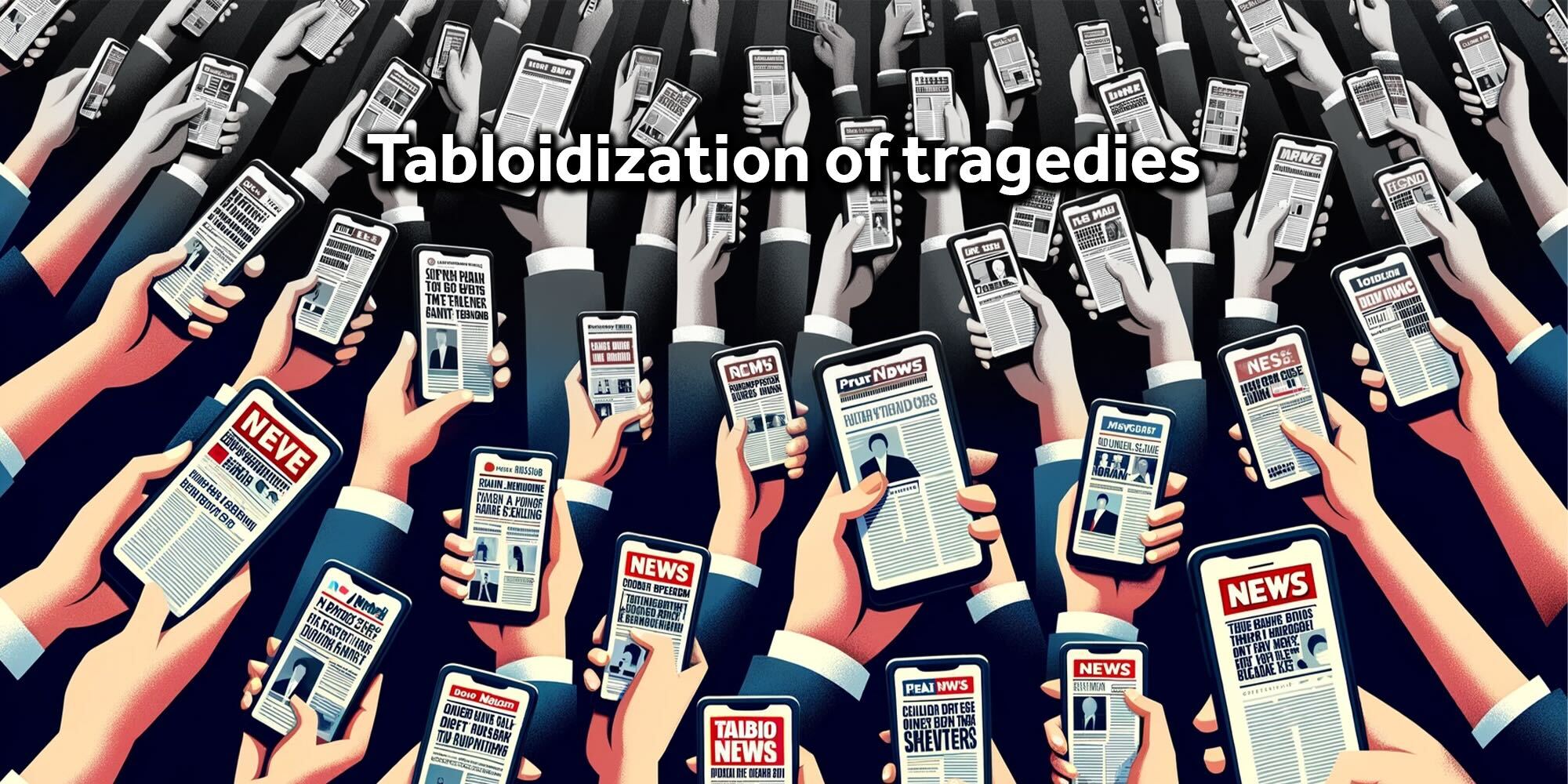
On 26 January 2023, in Podgorica, a family tragedy occurred when a retired police officer killed his wife and son before committing suicide. Most media outlets in Montenegro promptly and objectively reported on this incident, conveying official statements of the relevant authorities. However, this incident once again demonstrated the absence of basic empathy and impartiality […]
Facebook bots: manipulation and politics

The online world has become a key platform of political confrontation in Montenegro. Social media enables political parties and activists to reach a large number of people very quickly. In order to achieve the effect of increased visibility and popularity of certain materials online, these parties and activists use fake accounts, creating fictitious personalities. Such […]
Humanitarians and/or extremists
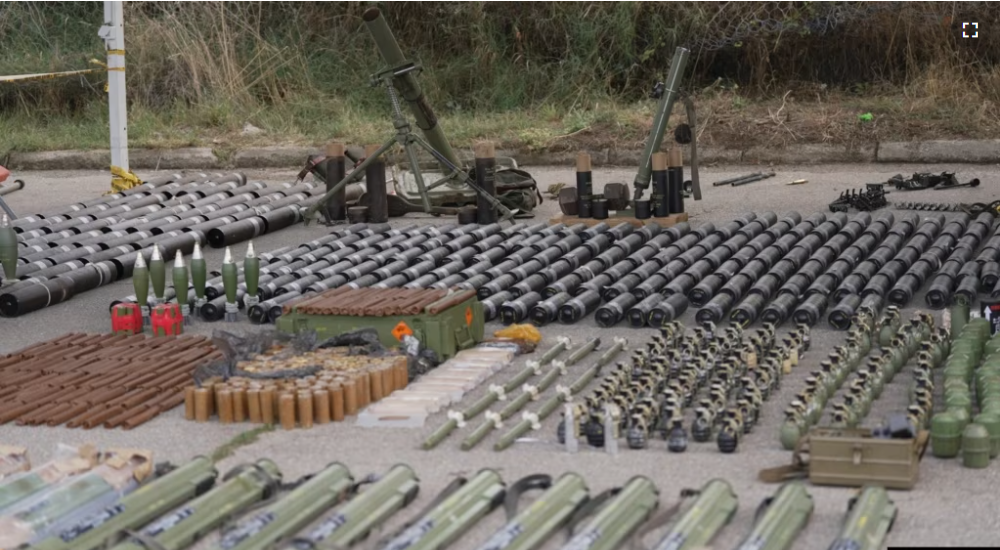
Far-right pro-Serbian organizations have been trying to establish a prominent role in the socio-political life of Montenegro for an extended period. Their activities were particularly noticeable during significant events in the last four years – religious processions, parliamentary and local elections, the enthronement of the Metropolitan, as well as a large number of protests. Apart […]
DFC study: Fighting for democracy in the era of digital authoritarianism
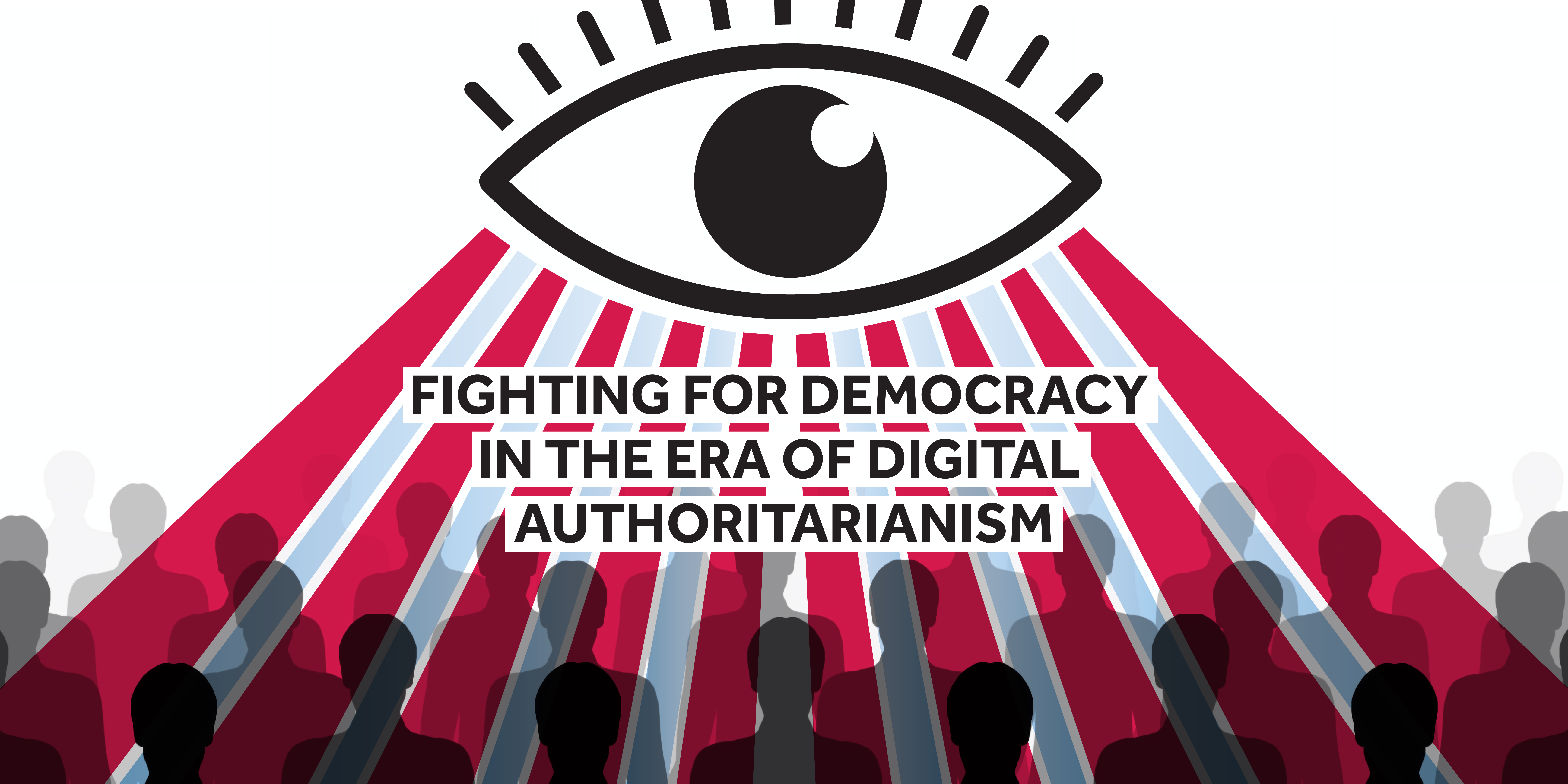
A new study by the Digital Forensic Center entitled Fighting for Democracy in the Era of Digital Authoritarianism study aims to highlight the phenomenon of digital authoritarianism and the misuse of social media by authoritarian regimes, demonstrating the tactics they employ and how they impact democratic processes and institutions. The goal is to contribute to […]
Disinfo Brief #20

In this brief form, we provide an overview of all the significant (dis)information and analyses from the period behind us. In the new edition, you can read about: A new analysis by DFC titled The Far Right and Democracy, which addresses the rise of the right wing during the past decade, the spectrum of right-wing […]
